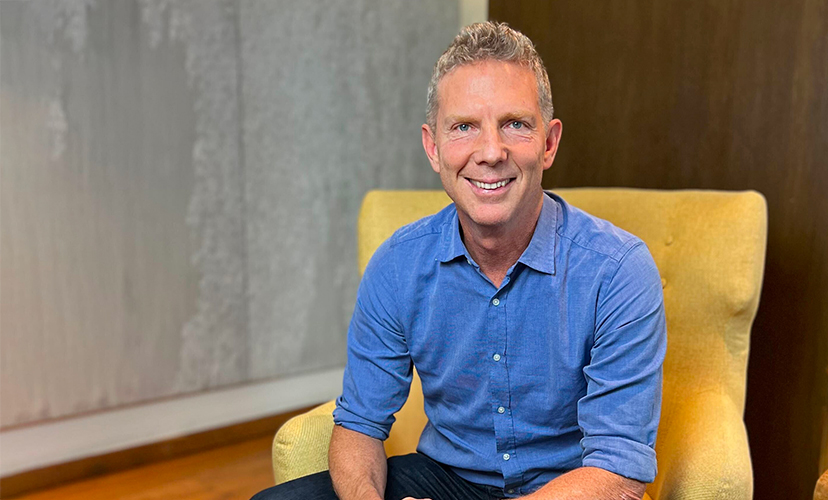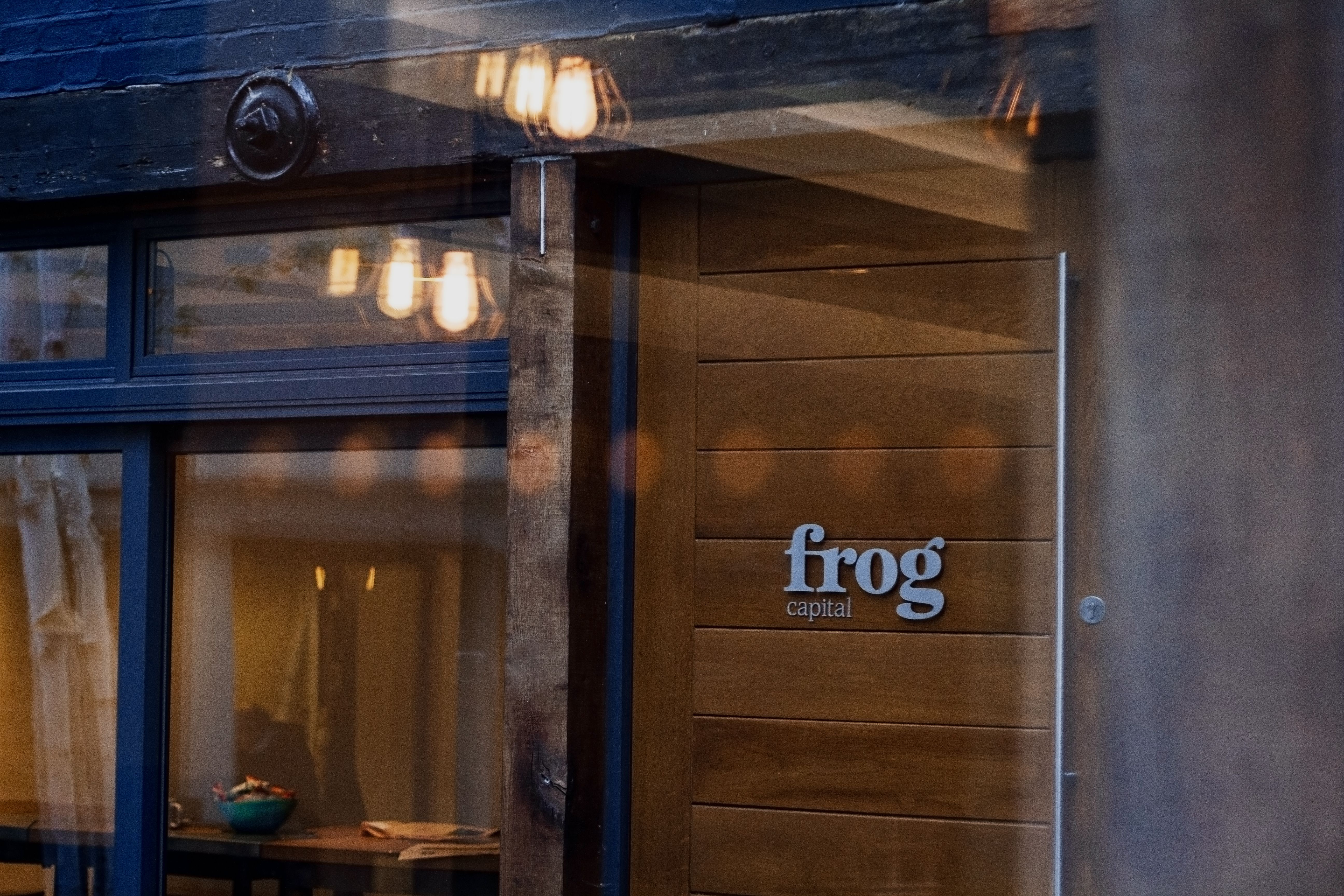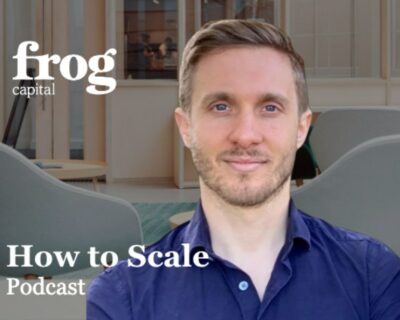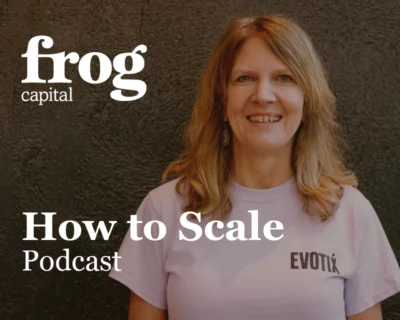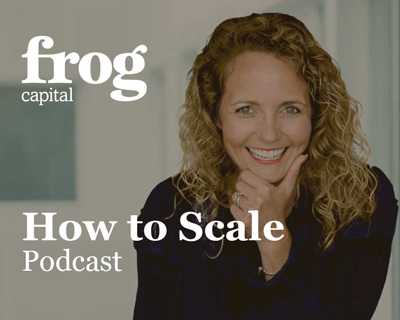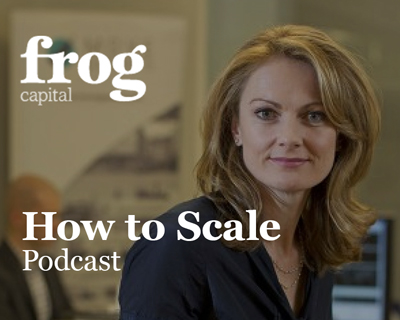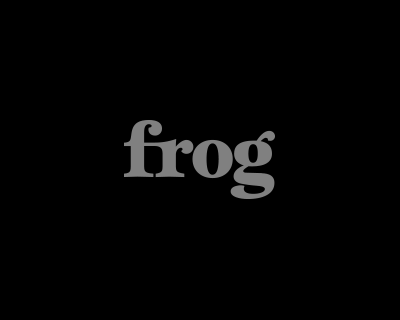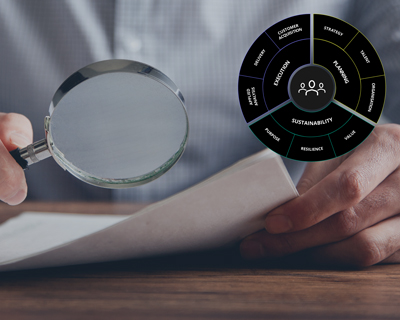It should really be called ‘The Founding of Nike’ or something grandiose like that. But ‘Shoe Dog’ not only sounds better, it is the first, subtle indication that this is not the book you’re expecting. If you’re looking for strategic and analytical insights into how Nike became the greatest ever sport apparel company, read no further.
I’ll put it out there. ‘Shoe Dog’ is a fantastic read. For me, it ranks up there with ‘The Hard Thing about Hard Things’ by Ben Horowitz in the ‘tell it from the heart’ business book category. ‘Shoe Dog’ is not about how to grow a company, it’s more fundamental than that. It’s about how important the core ingredients are, those of being obsessed with one’s product and market, having the resilience to just keep going, listening to others and being hungry enough to go that extra mile.
Knight kicks us off with an inspirational quote from one of his professors talking about the discovery of his home state and location of the ultimate Nike HQ, Oregon, USA. ‘The cowards never started. And the weak died along the way – that leaves us.’ But then Knight quickly brings us back to basics, a level at which the books remains; ‘At different times I’d fantasised about becoming a great novelist, a great journalist, a great statesman. But the ultimate dream was always to be a great athlete. Sadly, fate had made me good, not great.’ Knight was indeed a runner. A very good although not exceptional runner. This frames his genuine passion for athletic shoes.
Refreshingly, Knight’s extreme personal openness reveals several intriguing and rarely mentioned business themes in today’s politically (small ‘p’) sensitive market. Competitiveness; having serious weaknesses; and cashflow.
Knight’s ambition for what becomes Nike seems driven not by what we nowadays expect through a grand vision but more from his love of tweaking better running shoes and, more intriguingly, a ‘now I’ve started, I better finish this’ attitude. Knight pragmatically recalls, ‘I wanted to leave a mark on the world. I wanted to win… No, that’s not right. I simply didn’t want to lose’. I wonder how many of us are more driven by the fear of failure as opposed to the drive for success.
There is openness, and then there is a Knight level of almost self-flagellation. Whether it be deliberate self-deprecation, Knight’s weaknesses are open, clear and common throughout the story. People management and indecision are two of the most refreshing ones. Wonderfully, he resents the way his Japanese Partner is treating his co-founder so badly by comparing their behaviour to the way Knight himself is treating his first and long time employee inexcusably. ‘It pained me at times to think the Japanese were treating Bowerman the way I was treating Johnson’. How Johnson endures Knight’s moody, unresponsive management style is a tribute to his own vision for what Nike could become.
Indecision is a surprising thread throughout, comforting many of us who pretend that every successful leader must have instant, Herculean confidence when any tough decision is to be confronted. Even when it comes to the birth of the iconic Nike name and ‘swoosh’, Knight regales ‘I sighed. “I don’t love it. Maybe it will grow on me.”’
Finally, cashflow. Cash is the oxygen for growth and Knight never, ever, has enough oxygen. Shoe sales grew from $150,000 in 1968 to $140,000,000 in 1979. That kind of growth requires a lot of cash to fund the production, logistics and the retail payment cycle. In 1966, you can feel his struggle (and blind optimism) as he recalls “I tried to be nonchalant as I signed the papers and placed an order for five thousand more shoes, which would cost $20,000 I didn’t have. Kitami said he’d ship them to my East Coast office, which I also didn’t have.”
The final theme I want to draw out was his family life, which is there from start to finish, right from his father’s scepticism but reluctant support for the idea, his mother’s unflinching warmth th
In short, I loved the book. Partly because I listened to the audiobook whilst running. Open and blunt and refreshing. And a heck of a story. Shoes on and get jogging.

